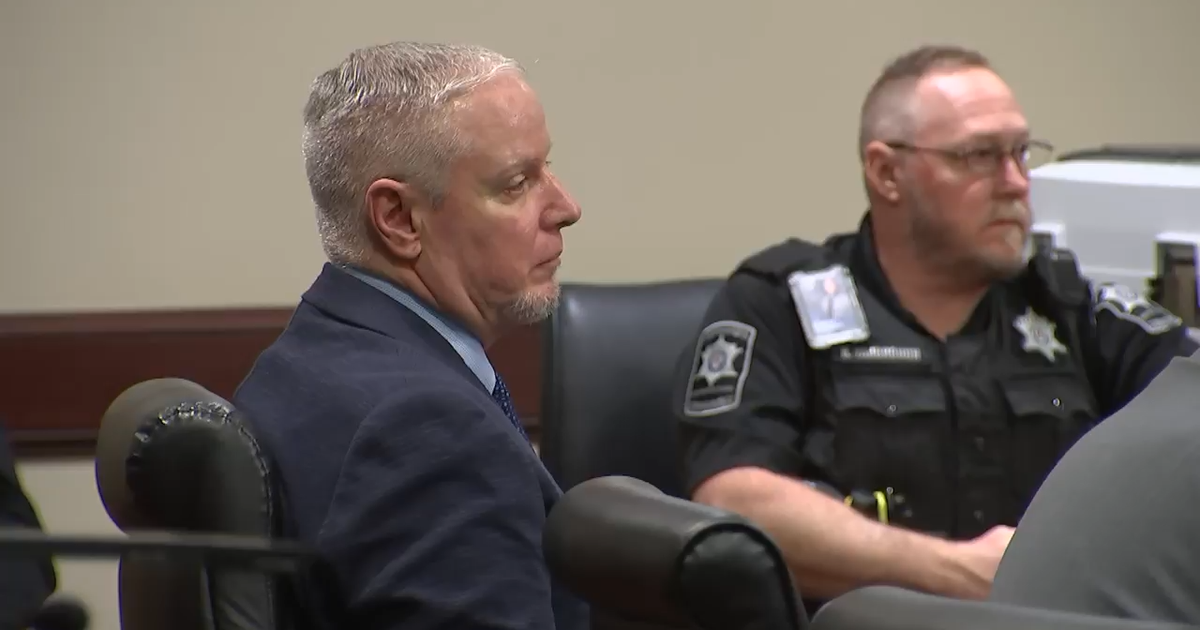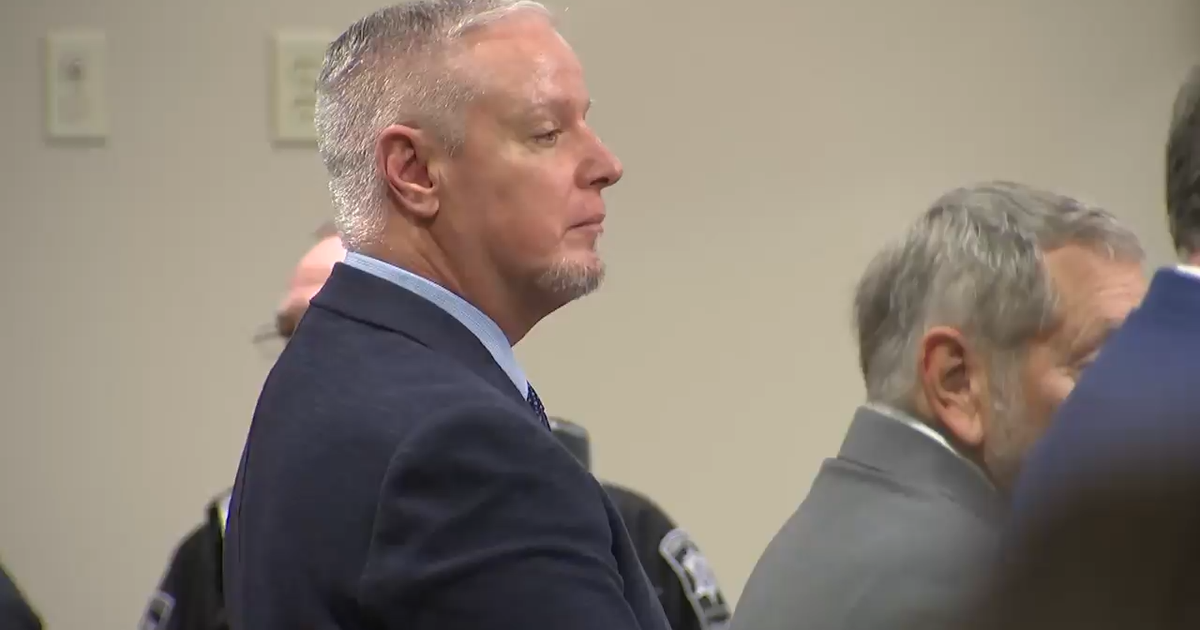Agent Defends No Miranda For 'Underwear Bomber'
DETROIT (WWJ/AP) - Investigators interviewing a Nigerian man accused of trying to blow up a Detroit-bound flight didn't read him his Miranda rights because they wanted to know if other suicide bombers were in the air and didn't want to lose his cooperation, an FBI agent testified Wednesday.
Umar Farouk Abdulmutallab is asking a judge to suppress his statements to agents at the University of Michigan hospital where he was being treated for second-degree burns to his groin on Christmas 2009. The government, however, said the Miranda right to stay silent doesn't apply if authorities believe there could be an imminent threat to safety.
FBI agent Timothy Waters said al-Qaida often stages coordinated attacks, and Abdulmutallab had already succeeded at getting past airport security in Amsterdam.
"If you introduce Miranda to individuals not from the United States, it stops the process dead in the tracks," Waters told a judge. "We needed information right now ... about individuals willing to martyr themselves on other aircraft."
The hearing was dominated by testimony about Abdulmutallab's care and subsequent interview at the hospital in the hours after the incident aboard Northwest Airlines Flight 253. He's accused of trying to detonate a bomb in his underwear. Passengers saw flames and pounced on him.
Separately, more than 200 people were at the courthouse Wednesday to fill out a questionnaire as potential jurors. Jury selection begins Oct. 4.
Reporting from the courtroom, WWJ's Florence Walton said Abdulmutallab appeared defiant, refusing to stand when the judge introduced him to a pool of possible jurors.
"We are not trying to find people who have never heard of this case," U.S. District Judge Nancy Edmunds told them. "We are looking for people who can serve as fair, objective and impartial jurors." (More on jury selection, here).
Abdulmutallab has raised two issues in his effort to get his statements thrown out: Miranda and the fact that he had been given drugs to deal with pain from his injuries.
Julia Longenecker, a nurse at University of Michigan hospital, said Abdulmutallab was treated with Fentanyl while staff scrubbed his burns, an "extremely painful" process.
She acknowledged the drug can create a "high" but believed Abdulmutallab was not impaired.
"It's a drug that doesn't knock you out," Longenecker said. "He wasn't very talkative but he made some comments. He was very lucid."
Abdulmutallab, a Muslim, wanted Christmas music turned off but the request was denied.
Longenecker said she was ordered at some point to stop giving the painkiller. She couldn't recall whom, other than "somebody more important than myself."
During his testimony, Waters denied ordering an end to the medicine.
The Associated Press contributed to this report.







